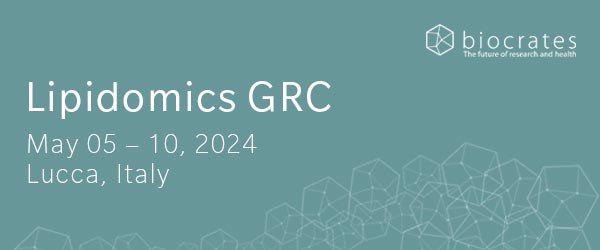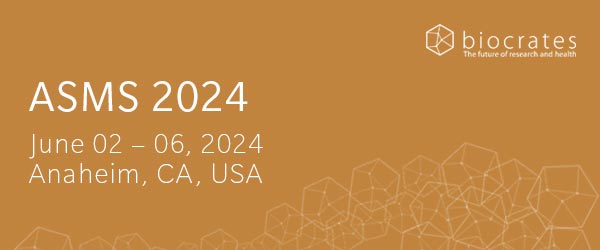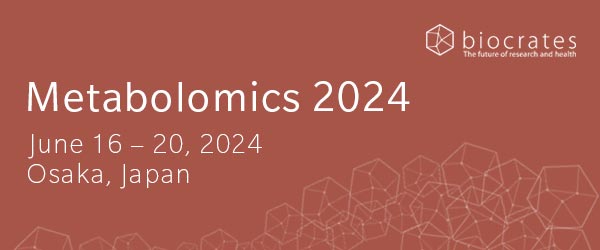
Speaker | Joseph Tintelnot, PhD
Affiliation | Universitätsklinikum Hamburg-Eppendorf, Hamburg,
Germany
Microbiota-derived 3-IAA influences chemotherapy efficacy in pancreatic cancer
Pancreatic ductal adenocarcinoma (PDAC) is expected to be the second most deadly cancer by 2040, owing to the high incidence of metastatic disease and limited responses to treatment. Less than half of all patients respond to the primary treatment for PDAC, chemotherapy, and genetic alterations alone cannot explain this. Diet is an environmental factor that can influence the response to therapies, but its role in PDAC is unclear. Here, using shotgun metagenomic sequencing and metabolomic screening, we show that the microbiota-derived tryptophan metabolite indole-3-acetic acid (3-IAA) is enriched in patients who respond to treatment. Faecal microbiota transplantation, short-term dietary manipulation of tryptophan and oral 3-IAA administration increase the efficacy of chemotherapy in humanized gnotobiotic mouse models of PDAC. Using a combination of loss- and gain-of-function experiments, we show that the efficacy of 3-IAA and chemotherapy is licensed by neutrophil-derived myeloperoxidase. Myeloperoxidase oxidizes 3-IAA, which in combination with chemotherapy induces a downregulation of the reactive oxygen species (ROS)-degrading enzymes glutathione peroxidase 3 and glutathione peroxidase 7. All of this results in the accumulation of ROS and the downregulation of autophagy in cancer cells, which compromises their metabolic fitness and, ultimately, their proliferation. In humans, we observed a significant correlation between the levels of 3-IAA and the efficacy of therapy in two independent PDAC cohorts. In summary, we identify a microbiota-derived metabolite that has clinical implications in the treatment of PDAC, and provide a motivation for considering nutritional interventions during the treatment of patients with cancer.
Related videos
Host-microbial interactions as pathophysiological nexus in inflammatory bowel disease
Metabolomics as a tool to stratify patients and guide therapeutic decisions
Related articles
- Metabolite of the month – Trimethylamine N-oxide (TMAO)
- 3-indoleacetic acid (3-IAA) – Metabolite of the month
- p-cresol sulfate – Metabolite of the month
- The study of pre-diagnostic serum samples from the Norwegian Trøndelag Health Study (HUNT2 study) shows age-dependent differences linked to breast cancer risk
- Metabolomics and application in colorectal cancer research



